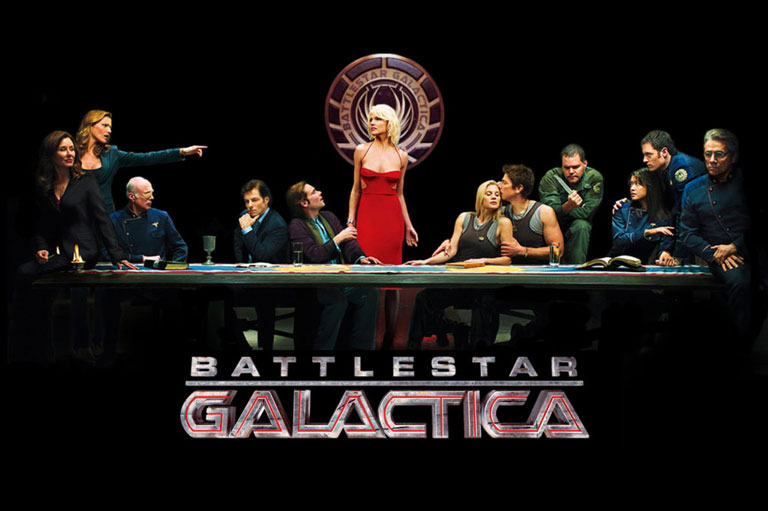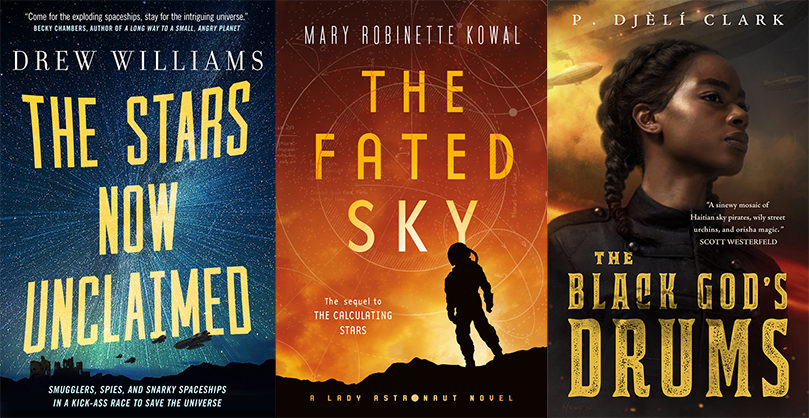
9 Life Lessons I learned from Battlestar Galactica
First step, binge watch Battlestar Galactica. Second step, read So Say We All for an all-out oral history of the show. Third step, apply all of the subtle life lessons the show had to offer to your everyday life.

